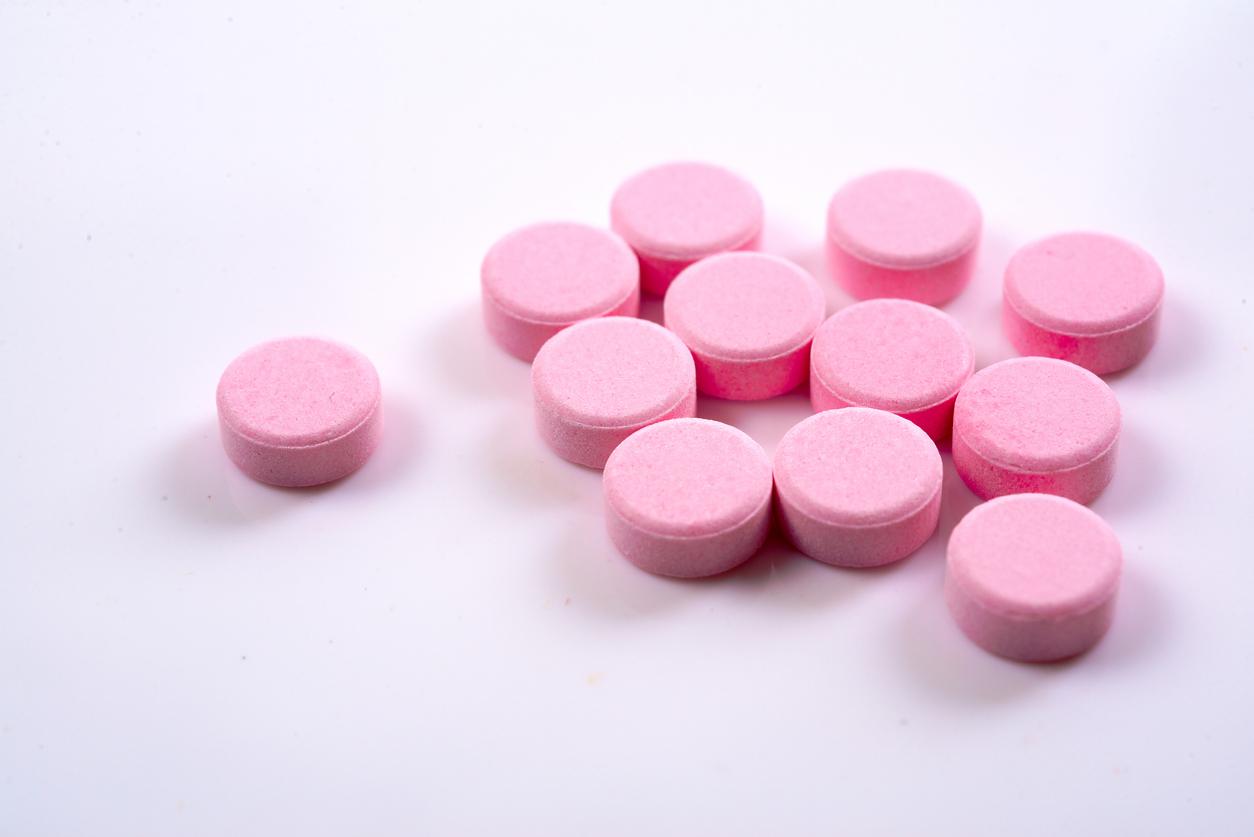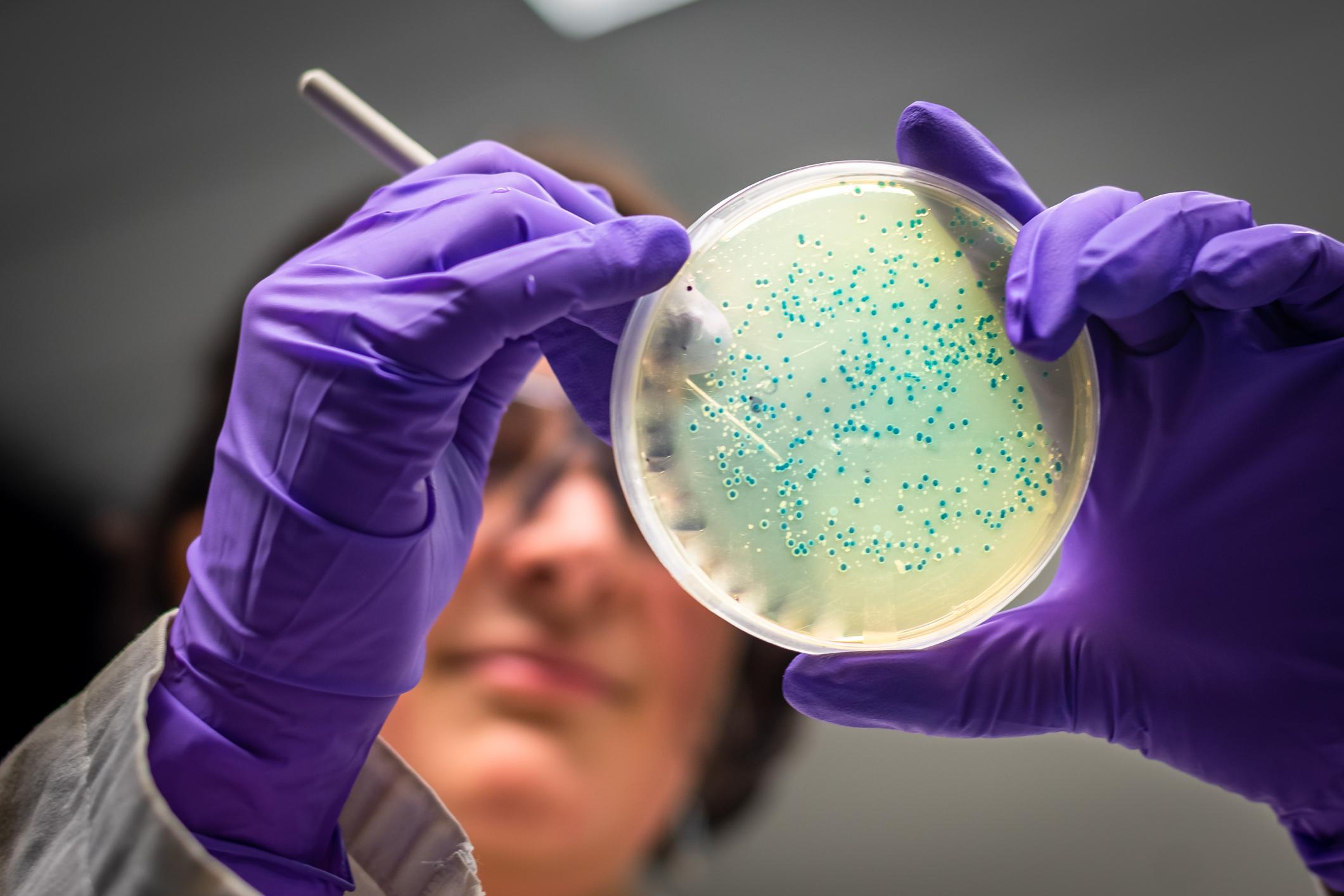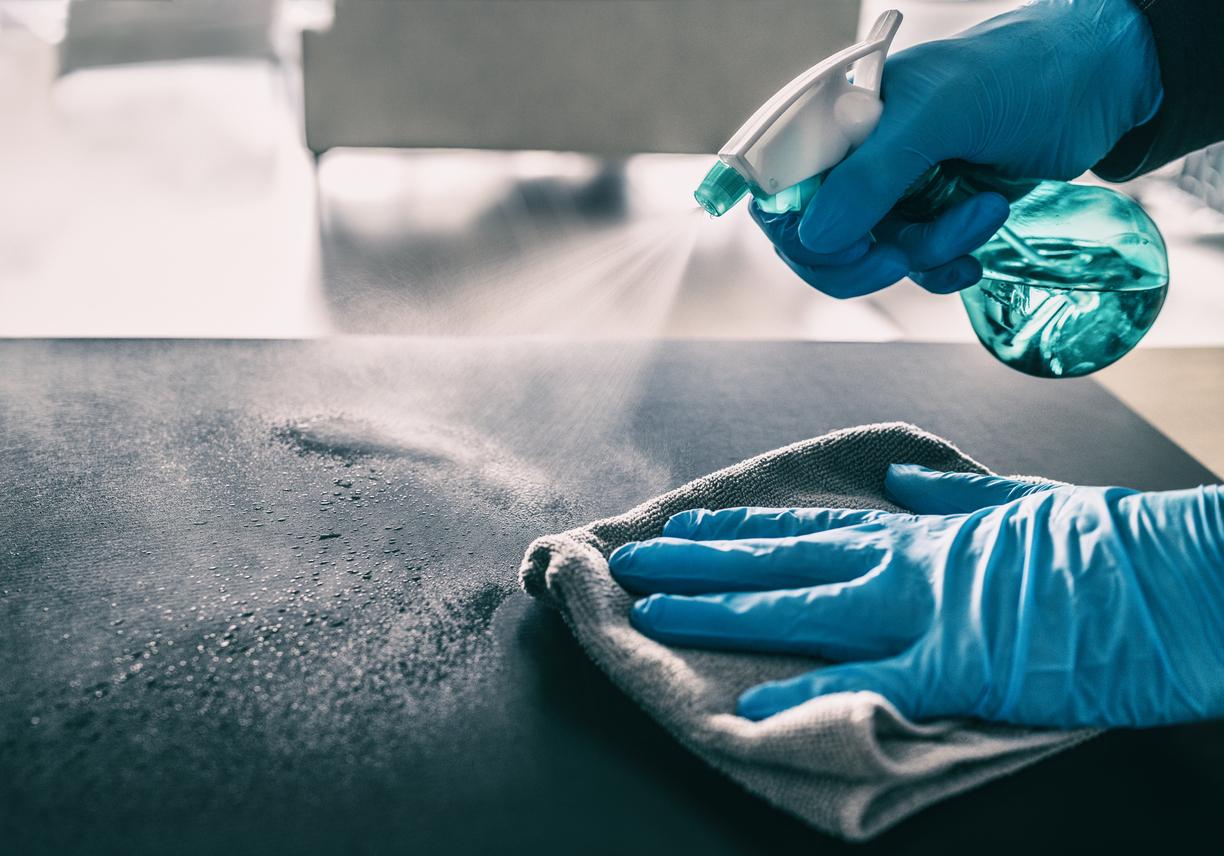An Australian scientific team has suggested that biocides, disinfectant products we frequently use like bleach, could compromise the effectiveness of antibiotics.

- Antibiotic resistance is characterized by the ineffectiveness of one or more antibiotics against a bacterial infection.
- Australian research has observed the interaction between antibiotic-resistant bacteria and biocides, products used to destroy them.
- The results of this study suggested that biocide residues could impair the effectiveness of antibiotics, but further work is needed to confirm this hypothesis.
Every year, around 700,000 people are affected by an infection caused by antibiotic-resistant bacteria. Antibiotic resistance results in the ineffectiveness of one or more antibiotics against a bacterial infection. Increasingly frequent, this phenomenon presents numerous dangers for global health. “New resistance mechanisms are emerging and spreading around the world, compromising our ability to treat common infectious diseases. For a growing number of infections, such as pneumonia, tuberculosis, septicemia and gonorrhea and diseases of food origin, treatment becomes more difficult, sometimes even impossible, due to the loss of effectiveness of antibiotics”warns the World Health Organization (WHO).
Could disinfectant products promote antibiotic resistance?
In a recent study published in Nature Microbiology, Dr Liping Li, a researcher at the ARC Center of Excellence in Synthetic Biology in the School of Natural Sciences at Macquarie University (Australia), and her team observed how antibiotic-resistant bacteria interact with biocides ( detergents, bleach, etc.). Products that we know well since they are often used by hospitals to disinfect, but also in our homes during cleaning.
As Dr. Liping Li clarified, superbugs are resistant to biocides used in hospitals even though the concentrations of these disinfectant products are normally high enough to kill them. In order to understand this mechanism, the researchers carried out sequencing of the bacteria Acinetobacter baumannii, a very feared antibiotic-resistant pathogen exposed to a panel of ten biocides.
The role of biocides in antibiotic resistance: a hypothesis considered
Results: Eight of the ten biocides tested, when used at low concentrations, could “de-energize” the membrane of a bacterial cell, which compromised the penetration of antibiotics into the bacterial cell. “This led us to hypothesize that these biocides oppose antibiotics, which must penetrate the cell of the superbug to reach their targets and trigger the mechanisms of destruction”noted Dr. Liping Li.
However, more research is needed to confirm this theory. “The results of our study suggest that biocide residues could compromise the effectiveness of antibiotics, at least in the laboratory (…) But we cannot predict whether this is true in a real-world scenario, as this requires further research. We hope that our study will raise awareness about the judicious use of biocides and encourage research in this area.” the scientists concluded.
















